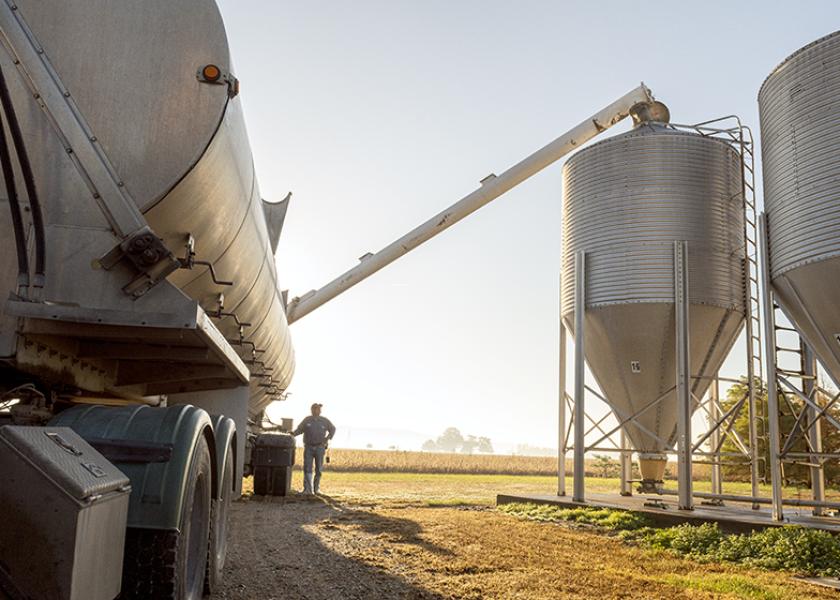Don’t Be the Last One Standing Without a Seat

The U.S. pork industry is still laboring under a substantial amount of uncertainty for the remainder of 2023. Despite some positive developments in several areas, there are new or ongoing challenges in others.
South America’s Blessing
First, it looks like the South American grain and oilseed production areas were blessed with good conditions and a bumper harvest. This means that much of the world will be lining up there to make deals and demand may keep prices from reaching the lower levels hoped for coming into 2023.
Ukraine Hoards Food and Ag Supplies
Second, Ukraine is still a hotspot and they are beginning to hoard key food and agricultural supplies, including energy, to stabilize their own basic needs. The key reasons for the lack of Ukrainian products flowing out has shifted from “too dangerous to use the seaports” to make sure its own citizens have food and energy supplies. The government there is pushing farmers hard to plant as much as possible as early as practical in the “safe” areas.
Pork Market Fluctuation
Most recently we have seen the bottom beginning to fall out of cash-traded weaned pigs and while prices are normally drifting down at this time of year for weaned pigs, they have broken down harder than normal. We are not seeing the climb to summer price highs yet in the cash market. That is not completely unusual, but if we do not see some uptick in the next couple of weeks, there could be substantial losses in the year. Within the cutout, the cuts most commonly exported to Mexico are showing some strength, but the price of primal bellies is down, which bears watching for me.
Interest Rates Rise
The biggest factor facing the pork sector now is the same thing facing much of the rest of the economy. The Federal Reserve Board has again raised interest rates, and it did so in the presence of some very visible bank financial struggles. The banks affected are big ones in the global capital markets, namely Credit Suisse and Deutchebank (among others).
Since there is only very modest evidence of inflation being in retreat and the job market remains extremely bullish, the force necessary to bring inflation under control seems more and more likely to result in a recession and big layoffs. If this happens, there will be a substantial effect on food purchases. When you consider this, try to place your own purchasing patterns out of the picture. This can lead to a lot of bias about predicting the future.
Find Your Seat Fast
At the present time, retail and some upchain elements are no doubt trying to blunt the full effect of price increases coming up the chain. They know that if allowed, there will be a lot of meat in the case that needs to be reworked, prepared and sold in the takeout area, frozen or simply wasted.
It’s like the old musical chairs game where a group of people walk in a circle around a set of chairs with music playing, but there’s always one less chair than the number of people. The idea is to grab a seat when the music stops and the last person standing without a seat is out.
In the same way, nobody wants to be holding lots of inventory when a recession breaks out. This is especially true of fresh meat in sizeable quantities, in inventory or by contract for future purchase. This will prevent typical price forecasting tools and truisms from being effective at predicting coming prices.
Once again, the production sector will be the pinch point for adjusting supply of pork to the purchasing power of the country if the U.S. falls into recession. It seems likely that if the U.S. slides into a recession it will drag most other developed and developing countries with it. Why? The U.S. is a huge purchaser of the world’s goods and services and that includes supplying money through various forms of lending and investing. This U.S. capital has already become more expensive but may soon become completely unavailable to anyone or any company except those with pristine credit ratings.
More from Farm Journal's PORK:
Wean Pig Profitability: What Will Happen This Summer?
Unemployment and Revenge Spending: What Will Unfold Next in Pork Market?







